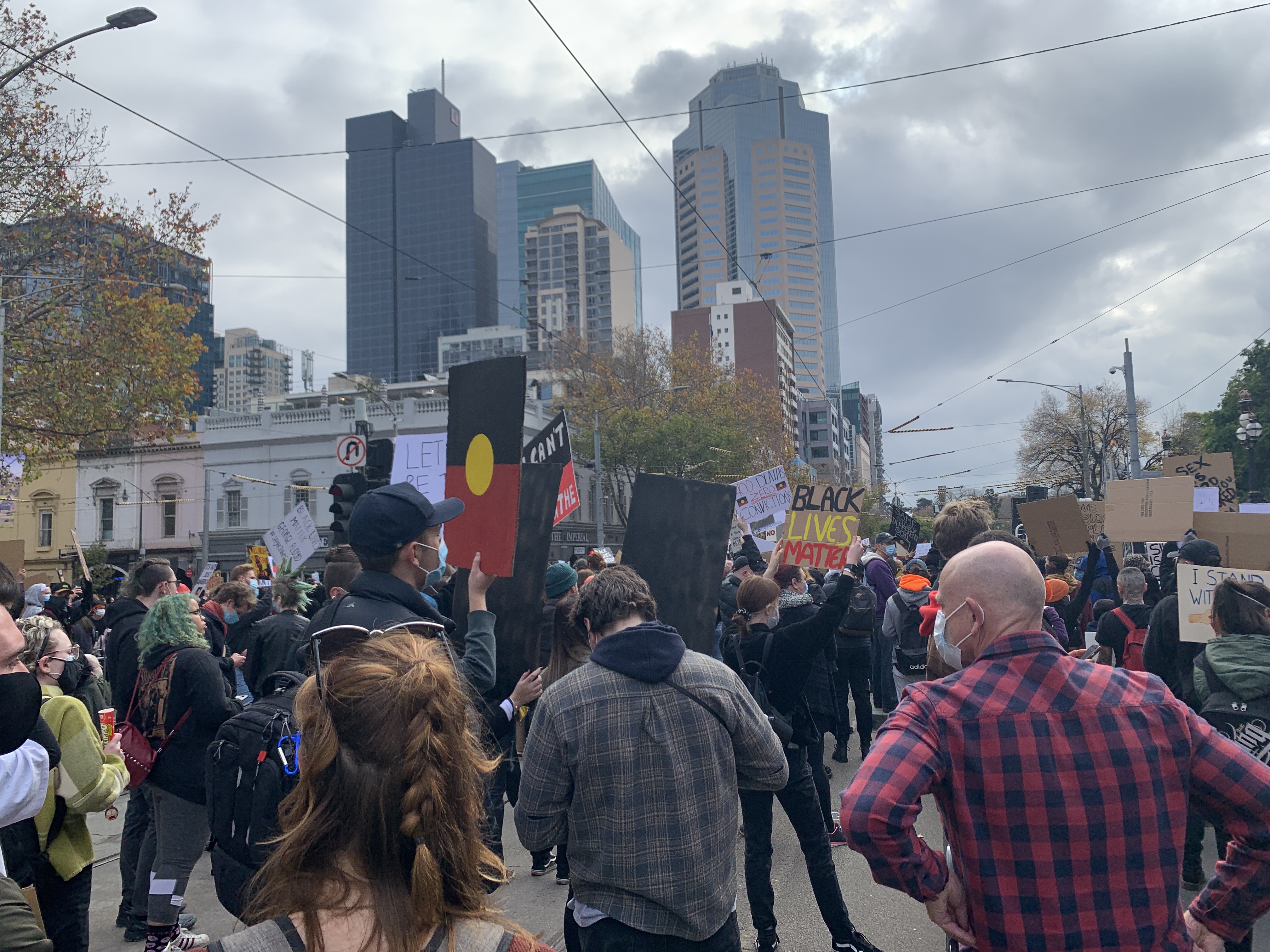
It may be untimely to stand up for inequality and injustice through protests because of the COVID-19 pandemic but it’s imperative that we listen, reflect and act in some form. Now more than ever.
Inequality and injustice in all forms is contentious – gender, race, religion, socioeconomic status, disability and the list goes on.
With recent world events in Minnesota of the death of George Floyd, people everywhere are being asked again to act. In home countries, the plight is for this recent tragedy, Black Lives Matter and people who have encountered injustice and inequality. In Australia, the focus is on the more than 400 indigenous deaths in custody with no convictions of police.
As a writer, mental health advocate and an American who has lived in Australia for the last 25 years, I feel compelled to write. Our role in injustice and inequality has many guises, here and in America. Likewise, for its forbidding existence around the globe.
Listen first
There have been brave individuals over centuries educating white people on the plights of black people and indigenous cultures. Martin Luther King was undoubtedly one of the greats, but there are many more people who are now speaking out from direct experience.
So we must initially listen. That is why we have two ears and one mouth. Listen more. Speak less.
Can our views be informed by listening to other points of view than our own? I have always thought so, and unpretentious listening in our society is desperately lacking.
With an academic background in public health, I know all too well that there are many ways to use numbers, analyze statistics and spin arguments. If you listen to partisan politics, these statistics are used to make opposing platforms. Consider the source or who is speaking and their lenience. Ask questions.
We need to look critically at information we are given and seek multiple sources in order to be adequately informed. We think we may know everything about certain topics and issues we are passionate about, but one thing is for sure. There is always more to understand.
Reflect
After we listen, we must reflect on what we hear.
As a yoga and meditation teacher and long term student, I utilize meditation and go inward to do this. Some people do this through prayer. Others do it in their own ways equally as effective. Getting still and quiet can help clarify what is fair and balanced (and not).
In our own backyard is where we need to look and reflect upon. From our past up to the present time. At home, at work, in our community.
- What part have we played in breeding inequality and injustice?
- Do we say (or accept from others) casual or outright racist comments?
- Is there a diverse and inclusive culture in our schools, organisations and community?
- What do we know of races and cultures other than our own who have experienced inequality and injustice?
Act
We can all do something in our own immediate circles as well as in the broader context. The ripple effect will be felt.
I don’t think it matters if people are jumping on the bandwagon to recent events who have previously not been vocal. Something has been ignited for many of us. We expect more equality and justice.
It might be through participating in a protest. It might be having difficult conversations about casual racism with our family members, those we hold near and dear or a total stranger. It could be signing a petition. There are many ways to support a cause.
- Listen first to different points of view with an open mind and heart
- Reflect on our own contribution to the problem and solution
- Take action toward the better
There is a long road to get to equality and justice for all but it starts with taking the first steps.

